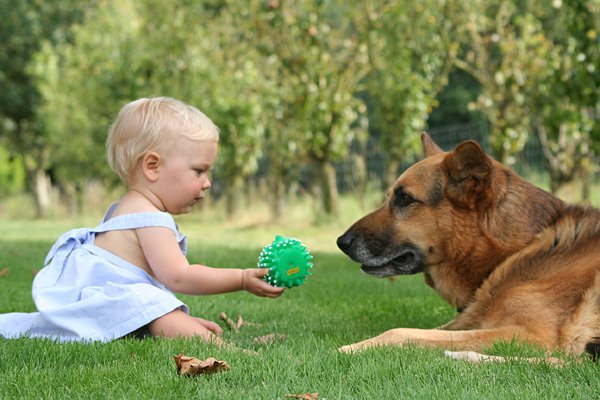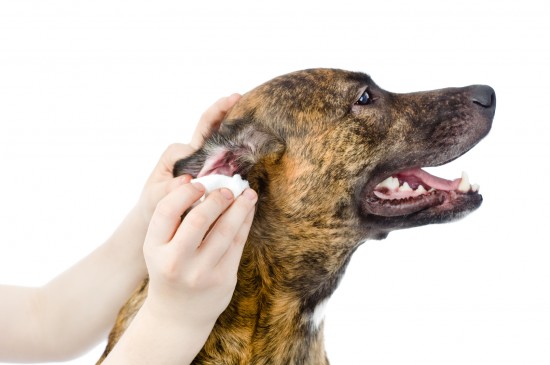
Aside from heat stroke, another usual concern for pet parents during summer is dehydration.
Dehydration, according to a medical resource website for pets, is caused by “lack of water in the body.” Water is, of course, essential to all living beings. It facilitates all biological processes, including circulation, digestion and waste removal, and dissolves natural and unnatural substances in the body.
Dehydration in dogs happen when there is reduced water intake, vomiting or diarrhea, and when the dog is exposed to high temperatures for a prolonged period.
Symptoms to watch out for include weakness, fever, dry mouth, sunken eyes, lack of appetite and excessive panting. Pet parents can also check their dog’s skin elasticity to assess if their pet is suffering from dehydration. To check elasticity, use the thumb and forefinger to pinch the skin at the back or top of their dog’s head. Well-hydrated skin would spring back when released whereas skin that has lost a lot of moisture will take a while to move back into place.
Some dogs are more prone to dehydration than others. Dogs who are suffering from kidney disorders, diabetes and infectious diseases, as well as older, pregnant and nursing dogs need to be monitored more closely for signs of dehydration.
Dehydration in dogs is a preventable situation. Pet parents are advised to always provide clean water for their dogs and to ensure that drinking bowls are cleaned regularly to prevent the formation of bacteria. Dogs may also mistake open toilet bowls for drinking bowls so it is best to keep the toilet lid down.
If the dog is drinking less than normal amounts, check for sores that may be causing discomfort. Water intake should also be monitored to ensure that enough water is consumed, especially if the dog is sick.
The amount of water a dog needs daily depends on size, age and level of activity. #RoyvonFunFacts (Click to tweet)
During summer, it would also help tremendously to keep dogs cool. Pet parents can opt to bring their dogs to public pools or beaches if allowed, or for more specialised care, to a purposely built facility which offers dog friendly summer holiday packages. Swimming is a popular summer time activity for dogs because it provides immediate relief from the heat, as well as other long-term health benefits such as improved muscular strength and cardiovascular resistance.
After any form of exercise, it is important to rehydrate but not excessively. Drinking too much and too fast can cause a dog to vomit especially if he/she just finished a strenuous activity.
Licking ice is a good alternative for dogs having problem holding water down. #RoyvonTips (Click to tweet)
Dehydration may be indicative of a more serious health issue so to get proper diagnosis and treatment, the best recourse is to consult with a veterinarian.
Have you and your dog had to deal with dehydration? How did you handle it? Join this discussion on Facebook.
 How to DIY a Spring Toy for Your Pet Dog
How to DIY a Spring Toy for Your Pet Dog
Its m
How to DIY a Spring Toy for Your Pet Dog
How to DIY a Spring Toy for Your Pet Dog
Its m
 How To Clean Your Dog’s Ears
How To Clean Your
How To Clean Your Dog’s Ears
How To Clean Your
 Online Pet Supplies – Better Way To Shop Is Online
Our pets give us joy and happiness. They motivate us to
Online Pet Supplies – Better Way To Shop Is Online
Our pets give us joy and happiness. They motivate us to
 The Most Common Causes Of Seizures In Dogs
The Most Common C
The Most Common Causes Of Seizures In Dogs
The Most Common C
 The Turkish Angora Cat- A Beautiful Longhaired Companion
The Turkish Angor
The Turkish Angora Cat- A Beautiful Longhaired Companion
The Turkish Angor
Copyright © 2005-2016 Pet Information All Rights Reserved
Contact us: www162date@outlook.com